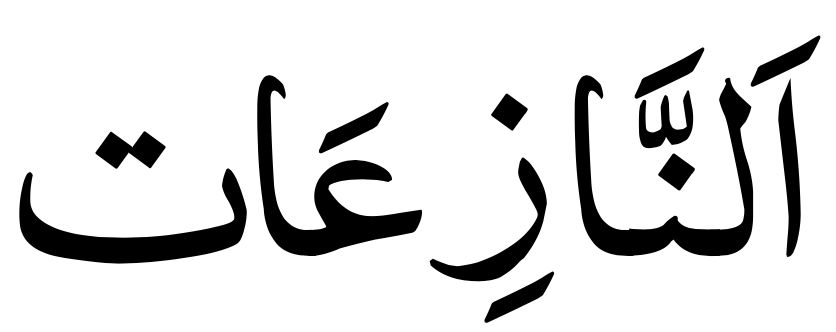

(Revealed before Hijrah)
All competent authorities, including Ibn ‘Abbas and Ibn Zubair agree that, like the preceding Chapter this is a very early Meccan Surah, In that Surah, the Muslims were promised power, prosperity and predominance in the world. In the present Surah light is shed on the ways and means by which they could achieve these things, as well as on the signs and marks that point towards the imminent fulfilment of that promise. The Surah opens with a description of some of the special traits of character of the Holy Prophet’s Companions and of other groups of righteous men who, by bringing into play these characteristics, achieved glory, power and victory. The Surah then points out that power will come to Muslims as a result of wars which will break the power of the enemies of Islam. The case of Pharaoh is cited to show that opposition to Truth never goes unpunished. Next, we are told that in the extremely weak condition of early Muslims, prophecies about a glorious future of Islam seemed impossible of fulfilment, but the Great God Who created the vast heavens and earth and Who placed on it rivers and mountains and highways, had the power to make the impossible possible, and also that He can give a new life to the dead in the next world. Towards the close of the Surah it is stated that when the great Event—the complete triumph of Islam or the Final Resurrection—takes place, the guilty will burn in the fire of Hell, but those, who had lived a life of righteousness, will enjoy the blessings of Paradise.